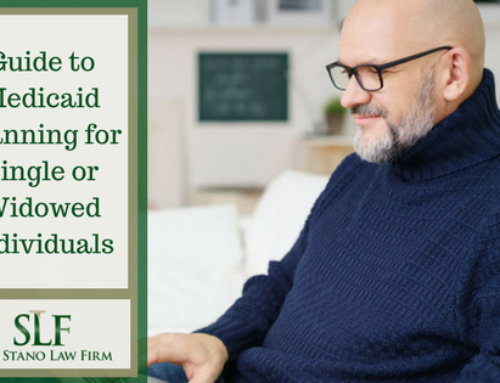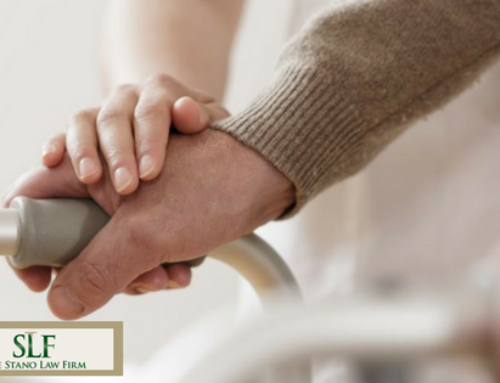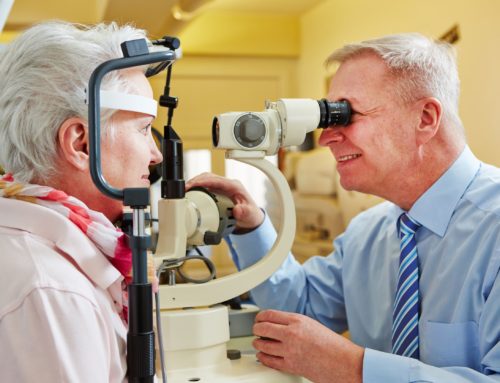No one expects the spouse of a nursing home resident to die before the resident, but it can and does happen. If no plan was put in place beforehand, a nursing home resident who receives Medicaid may find his eligibility in jeopardy after his or her spouse dies. A nursing home resident cannot have up to $2000 (or higher depending on their residing state) in assets to continue receiving Medicaid.
The resident has the option of transferring their assets to their spouse, who in this case would be the “community” spouse. Community spouses may have up to 50 percent of the couple’s total countable assets, as long the amount does not exceed $115, 920 (more or less depending on their residing state, as of 2013). If a nursing home resident inherits a community spouse’s estate, the additional assets could put the resident’s income and asset levels above Medicaid eligibility guidelines.
If the couple jointly owned a house, ownership automatically goes to the nursing home resident. The resident would then have to show an intention or likelihood of returning home to prevent the house from being counted as an asset (depending on their residing state). If the resident sells the house, the amount of the proceeds could make the resident no longer eligible for Medicaid.






